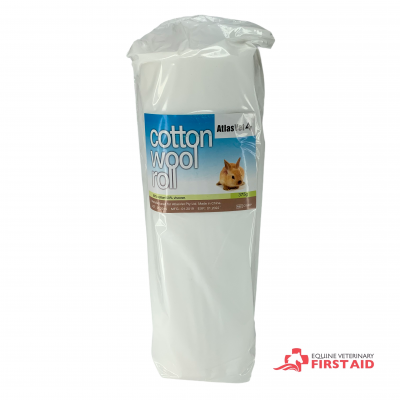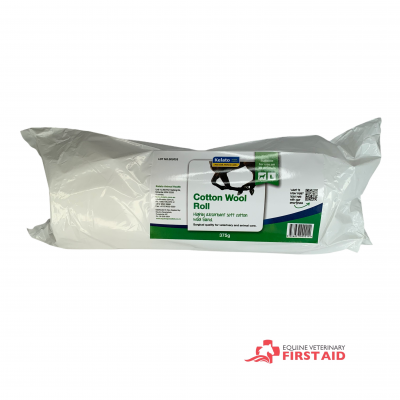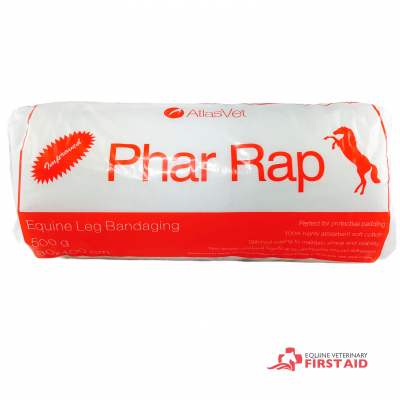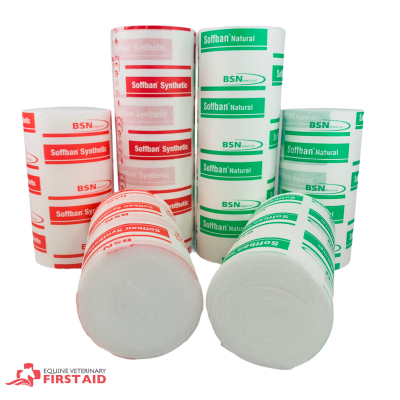29 Jul THE IMPORTANCE OF FAECAL EGG COUNTS
- Faecal egg counts are ideally performed every season (ie 3 monthly) to assess and monitor internal parasite levels. Results will be given in an “eggs per gram (epg)” format.
• <200 epg = Low burden
• 200-600 epg = Moderate burden
• 200-600 epg = Moderate burden
- There are 2 main worm types that are readily identified in faecal egg counts:
1. Strongyles (mainly small strongyles “Cyathostomes”, occasionally large strongyles)
2. Ascarids
- There is currently a worldwide movement to use routine faecal egg counts in place of routine worming. Recent studies have identified that some horses are naturally more resilient to intestinal parasites and are “low shedders” whereas others are more susceptible and labelled “high shedders”. It is theorised that “20% of horses carry 80% of the worms”.
- Identification of high shedders allows de-worming protocols to be targeted to horses needing anthelmintic treatment. This reduces the use of de-wormers in low shedding horses and helps to slow the rate of anthelmintic resistance. These gastro-intestinal parasites can alter their DNA if repeatably exposed to anthelmintics, leading to resistance. At present there are no new anthelminitic treatments being developed so managing the current chemicals available is critical to their longevity and effectiveness.
Useful Products when dealing with this condition
-
Cohesive Bandage – CVET 10cm
$2.15 – $36.95 -
Cotton Wool Roll – AtlasVet
$12.95 -
Cotton Wool Roll – Kelato 375g
$13.95 -
Cotton Wool Roll – ProVet
$12.95 -
Crepe Bandage
$10.95 -
Duct Tape (PVC)
$6.95 -
Elastic Adhesive Bandage – CVET 10cm
$5.65 – $33.95 -
Elastic Adhesive Bandage – CVET 7.5cm
$3.95 – $15.85 -
Gamgee – Curabine
$29.95 -
Gamgee – Phar Rap
$24.95 -
Gamgee – Veterinary
$37.95 -
Soffban
$5.85 – $7.25
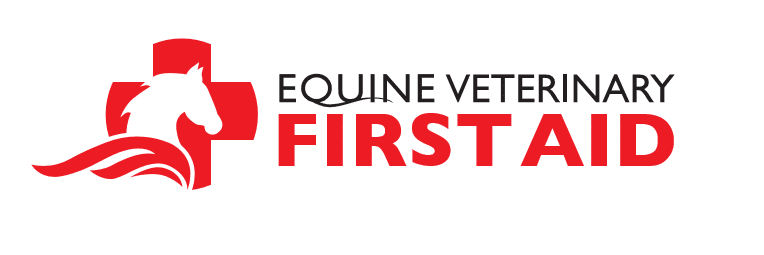

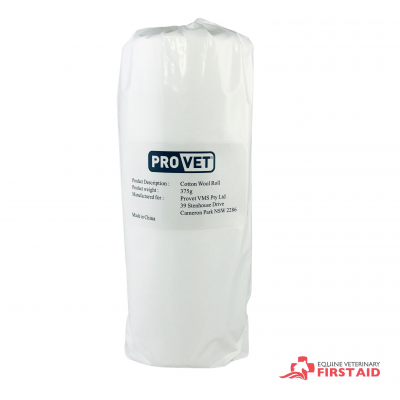 Cotton Wool Roll - ProVet
Cotton Wool Roll - ProVet

